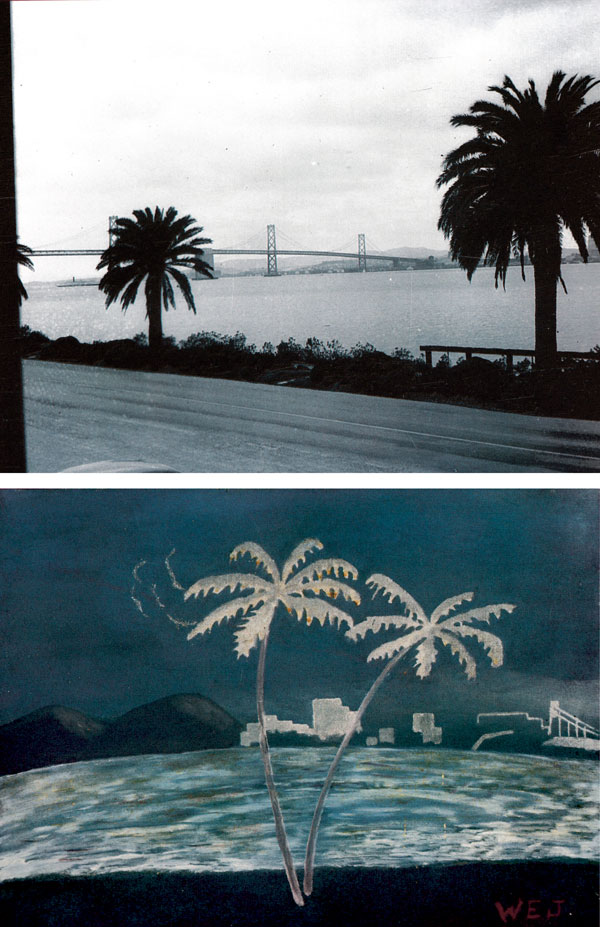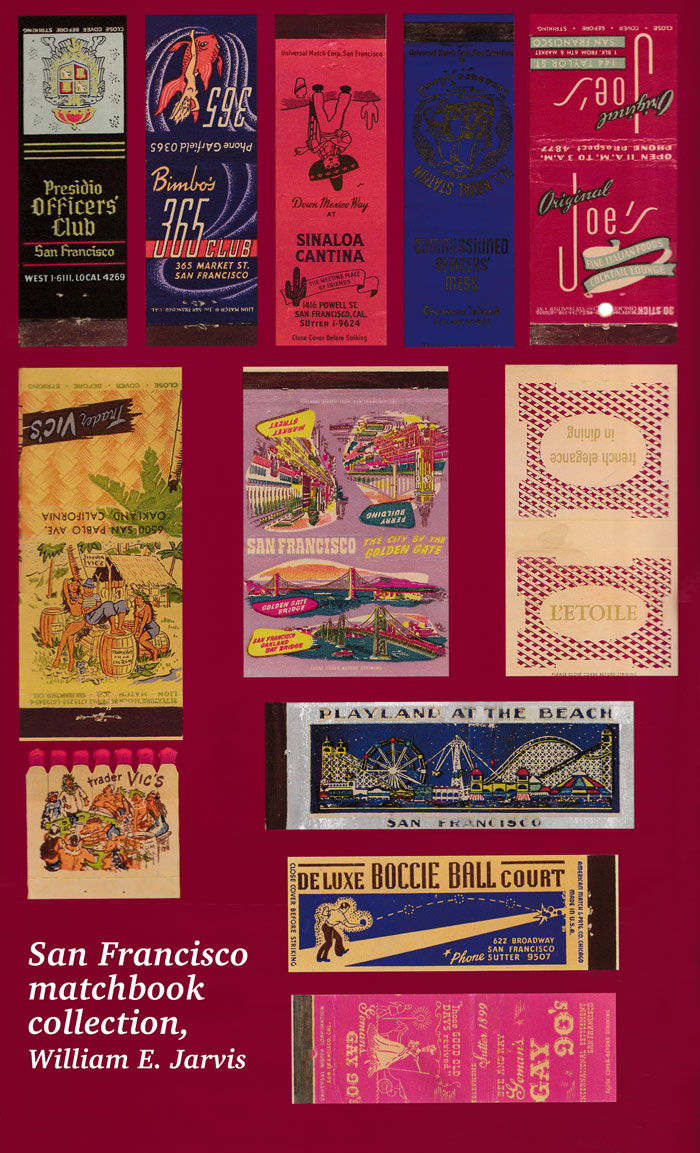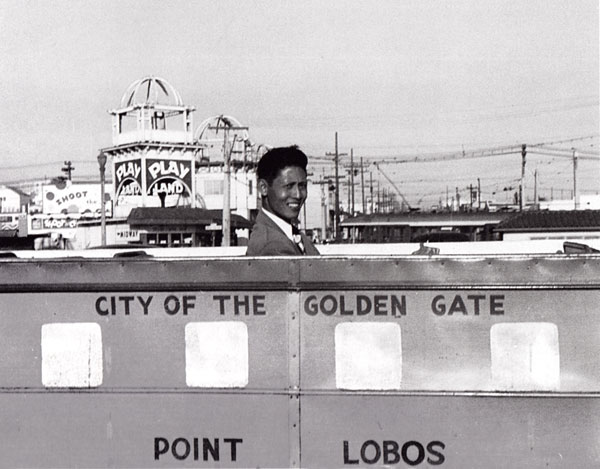Back in the days when no one gave a second thought to filling in the San Francisco Bay, Treasure Island was created alongside the natural, hilly island of Yerba Buena. It was made for the San Francisco World’s Fair of 1932 and later became a choice Naval Base. And in the third year of my Naval Officer duty I found myself assigned to nine months of duty at Electronics Material School on this picturesque island in the bay of San Francisco. For all intents, Treasure Island is a part of San Francisco, separated from downtown by only a small section of the San Francisco-Oakland Bay Bridge. In fact, since you can drive to San Francisco from Treasure Island without passing the toll booth which is at the Oakland end of the bridge, my fellow officers and I frequently drove into San Francisco.
My favorite pastime in San Francisco was to visit the opera bars in the Broadway area; there were two great bars at the time. One was Vieni Vieni. The bartender-owner, Porcini, was an ex-opera great. Porcini, with his fabulous baritone voice, could sing arias as well as he did in his younger days; he just could not sing whole operas. If you ordered a cappuccino from him, instead of coffee (which I didn’t like anyway), you got a chocolate brandy drink, piping hot, from the cappuccino maker.
A highlight of every evening at Vieni Vieni came at about 11 p.m. when a wizened Chinese flower vendor arrived, drank a cappuccino, and then sang a delightful Chinese song a capella (the pianist couldn’t possibly accompany him). Then he sold his flowers to the grateful patrons and departed.
Alas, all good things must come to an end. When the owner, Porcini, went Vieni Vieni went also.
But there was another opera bar, Bocce Ball, located on Broadway. Bocce Ball was named after the clay court in the back of the bar where seasoned Italians would sedulously lag the wooden balls down the clay court, trying to get them to stop at just the right place. There was a lot of conversation and good fellowship during the game.
Meanwhile, in the front part of the bar there was a marvelous group singing beautiful operatic arias, all for the price of a cappuccino or two, plus an occasional tip for the singers and the piano player.
When these opera bars finally closed I was sad. Some years later in Italy I decided to visit some really authentic Italian opera bars. To my chagrin those bars had also disappeared.
Another really enjoyable place in San Francisco was a vaudeville house called Bee and Ray Goman’s Gay Nineties. I was originally attracted to the Gay Nineties because I knew that vaudeville had been the favorite entertainment of my father. A fond memory of mine is hearing veteran Bee Goman sing in her saucy voice, “There’s no harm in clerking if, when you start working, you stay in the front of the store.” Or Ray Goman singing in his smooth style the old songs like “A Bicycle Built for Two” and “My Merry Oldsmobile”—songs from the ‘20s that my mother loved.
Home
| Grandfather | Father |
Myself | Main Index
![]()




